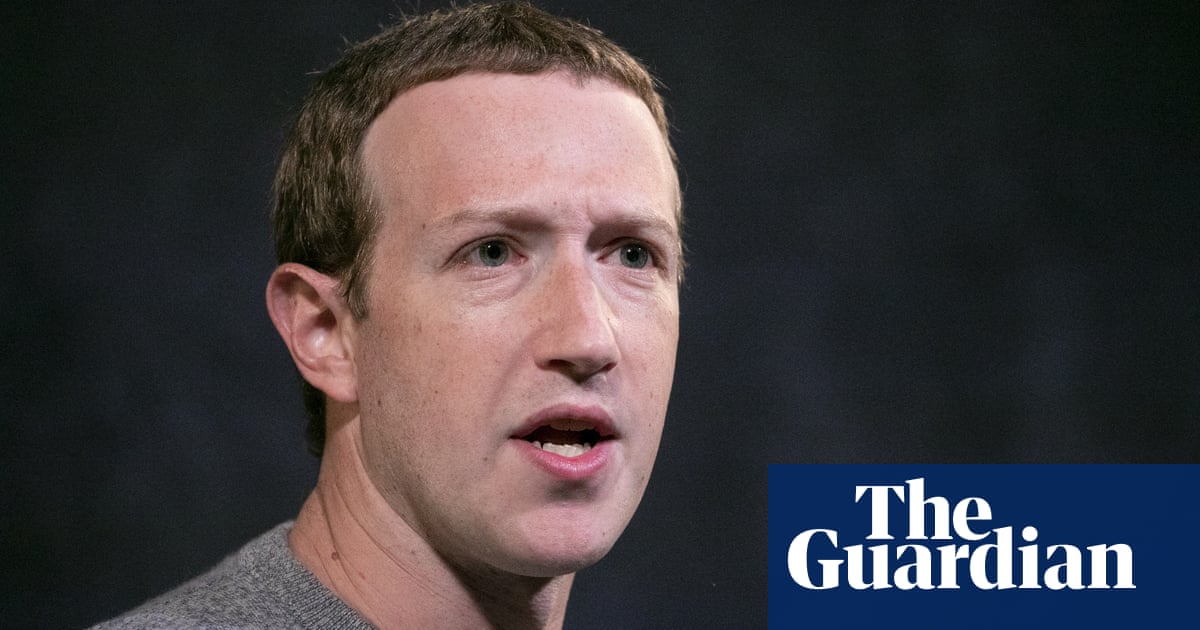
Mark Zuckerberg has rejected the threat of a punishing boycott by top advertisers pressing Facebook to take a firmer stance on hate speech and said they will be back “soon enough.”
According to a report from tech news site The Information, the founder and CEO of Facebook sees the boycott of big brands like Starbucks and Coca-Cola as a public relations problem rather than a serious threat and is not planning a major response. “We are not going to change our policies or focus on anything because of a threat to a small percentage of our income, or to any percentage of our income,” he said, according to the information.
The boycott is a “reputation and partner problem” rather than an economic one, Zuckerberg told staff, according to a transcript obtained by the news site. “I guess all of these advertisers will be back on the platform soon enough.”
A Facebook spokesperson confirmed the accuracy of the transcript. “We take these matters very seriously and we respect the comments of our partners. We are making real progress by keeping hate speech off our platform, and we are not benefiting from this type of content. But as we have said, we make policy changes based on principles, not income pressures, “said the spokesman.
On Wednesday, more than 500 companies officially launched an advertising boycott aimed at pressuring Facebook to take a firmer stand against hate speech. Zuckerberg agreed to meet with its organizers early next week.
But if Zuckerberg agrees to further tighten the carefully crafted social media rules it probably boils down to a more fundamental question: Does Facebook need big brand advertisers more than brands need Facebook?
In a broad sense, the current boycott, which will last at least a month, is unlike anything Facebook has ever experienced before. After weeks of protests against police violence and racial injustice, major brands have come together for the first time to protest the hate speech that still prevails on Facebook platforms, targeting annual advertising revenue of $ 70 billion. the social network.
After years of unsystematic measures to address hate, abuse, and misinformation on its service, Facebook critics hope that pressuring the company where it hurts will push it toward more meaningful change. As of Wednesday, 530 companies had signed up, not counting companies like Target and Starbucks, which have stopped advertising but did not formally join the Stop Hate for Profit campaign, which calls its action “a pause” rather than a boycott. .
On Wednesday, Nick Clegg, Facebook’s vice president of global affairs and communications, tried to assure companies that Facebook does not benefit from hate, saying that the company has every incentive to remove hate speech from its service. He acknowledged that “many of our critics are angry at the inflammatory rhetoric that President Trump has posted on our platform and others, and they want us to be more aggressive in eliminating his speech.”
However, Clegg offered few concessions and instead repeated Zuckerberg’s frequent topic of conversation that the only way to hold the powerful accountable is ultimately through the ballot box. He pointed to Facebook’s efforts to get the vote out as evidence of the company’s commitment, along with the billions of dollars, tens of thousands of content moderators and other investments it has made to try to improve its platform.
While Facebook is making efforts to listen to its critics, it’s clear that the final decisions will always rest with its founder and CEO, who owns the majority of the company’s voting shares and could run the company for life, if so wishes.
Associated Press contributed to this article.
.